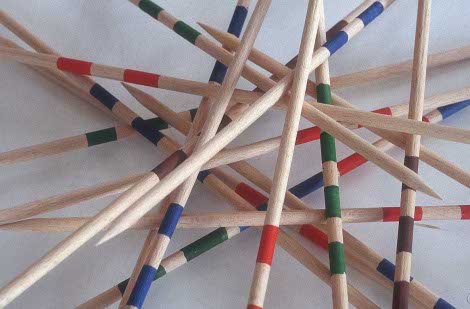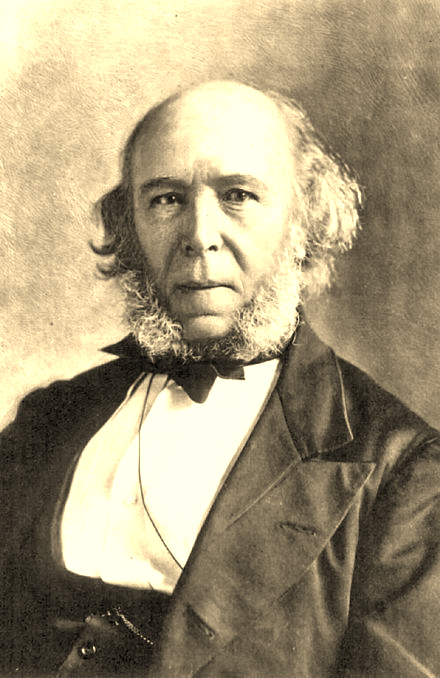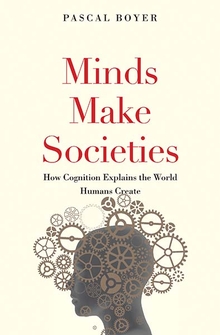
|
|
What knowledge is of most worth? 1 Remember this picture? From "Mikado," December 14, 2019. Pick-up sticks randomnly dropped to form a loose pile. Players take turns trying to remove a stick at a time without disturbing the others. (Source) 3 Circumstances change, priorities change. Ten months have gone by since I posted "Mikado." Covid-19, at that time, thad not yet upset the apple cart. We haven't the foggiest about if and when this pandemic will end, or whether some other pandemic will already be waiting in the wings. "There is no getting back to normal," we are told. "The sooner we accept that, the better." Quoting further, "The danger comes from hankering for normalcy again, rather than getting on with working out how to deal with whatever is ahead." Would it not be wise, therefore, to have the best qualified among us work on a number of plans to suit various outcomes? 4 I used to suggest that a meritorious Senate should take charge of arranging that by including among their members people with scientific bents of mind. Some six years ago—yes, I keep on repeating myself—some six years ago, I proposed that our Senate expand its "investigative role" into an "investigative, anticipating, and critical problem-solving role."* This never came to pass. Our Canadian Senate has failed us, I think. Badly and sadly. All I can do now is to explore myself how we might proceed to prevent a sinking ship from going under altogther. Am I up to it? I doubt it. Of course, I do. 5 Politicians these days, it is my impression, are focussing more on the economy as they have known it than on the spreading of Covid-19. They dream rather than hammer away at plans that cover both realities and variations thereof. That is what led me to suggest, in "Rhapsody in blue," creating a coupon-based economy alongside the existing money-based economy.* That should allow us to go either way. 6 For now, only coupons would serve to purchase food. Distributed by the government they would, unlike money, make food equitably available and inflation proof. Sure, this idea is subject to all kinds of ifs and buts, but those are details that, I hope, can be worked out. It is a basic idea that can be quickly refined by putting some heads together. It is an idea, also, that needs to be acceptable by folk at large, same as goes for measures for taming the spread of Covid-19. What we now have instead are massive, tumultuous demonstrations that themselves hasten the spread even more. Which brings me to my current topic. 7  Herbert Spencer (1820–1903), a man way ahead of even our time as evidenced here by an essay in The Elzevir Library of May 8, 1884: "What knowledge is of most worth?" His rock-bottom answer: "Science, proclaimed as highest alike in worth and beauty, will reign supreme."*. (Source.) 8 "Seriously, is it not an astonishing fact," Spencer wrote, "that though on the treatment of offspring depend their lives or deaths, and their moral welfare or ruin; yet not one word of instruction on the treatment of offspring is ever given to those who will hereafter be parents? Is it not monstrous that the fate of a new generation should be left to the chances of unreasoning custom, impulse, fancy?" These remarks called to mind an old rejoinder, "You need a licence to raise pigs ..." 10 Quoting a few lines from my Senate essay: Back to Herbert Spencer, in the context of the formal education of children:  I got into that subject by bringing up this book in my piece "Ensuite," remember? "How cognition explains the world humans create." 13 Spencer: Indulge me for referring to something I wrote about 30 years ago from my personal experience: "Lesson from Leo: About History in our Schools" 15 Fast forward to the year 2020. Events are overtaken by events at an accelerating clip which makes it obvious that education is or should be a lifelong affair. It seems to me that media should pick up where formal schooling leaves off by keeping us up-to-scratch—unbiased media, that is, free from commercial pressures and constraints. Whether our media are supported by advertising or more directly by the taxpayer makes no difference to our wallets. Commerce recovers its media outlays in how much it charges us for goods and services. 16 At the time I am writing this, Covid-19 infections and deaths are sharply on the rise again, yet trongs of people are protesting against government measures to enforce the wearing of masks, social distancing, and avoiding large social gatherings. The lack of adequate inculcation of what knowledge is worth most, such as what makes for proper citizenship and for a due appreciation of how science serves people everywhere (regardless of the boners of individual scientists), is taking a heavy toll. And I haven't even touched here the greatest threat of all: global warming. 17 * * *
The devil, as they say, is in the detail. Spencer, getting into the details as he perceived them back in 1884, began by divvying activities for which learners needed to prepare themselves. Ranking them from top priority down, those: Science is a work in progress, with many a revision of what appears true today turning not to be so tomorrow. Misleading even. I'll quote from an email by an internet correspondent, James Fisher: Conformation bias at work big time! "We tend to be attracted to experts with whom we can identify." To the advantage of majorities and to the detriment of minorities. 21 I tend to go along that at least some knowledge of science and in particular the "scientific method" (the continual critical evaluation of scientific practice and thought) is, or nearly is, of most worth. But as the above paragraphs by James Fisher show, as a foundation for some tree of knowledge it is rather wanting. 22 * * *
Contemplating the world as it is today, Spencer's classification is far too simplistic. To begin with, the notion of self-preservation being the most important activity, the one on which all others depend, does not stand up because self-preservation is bound up with society. In other words, no preservation of the individual without the preservation of society, or better put, humanity at large. Society from its very beginning: And God created man to his own image; to the image of God he created him; male and female he created them. A society of two. 23 Today, we need global cooperation to address what is worth dealing with most: global warming. This still leaves us with nuclear warfare, species extinction, pollution killing of our foodchain, total reliance on digital technology. And so on, and so forth. Mikado: a game of life and death. Played by politicians and demonstrators rampaging through the streets. 24
Footnotes "On guard in a global environment." * fn1 I covered this topic in a regional newspaper as well, here. * fn2 |
--
| top of page |
|
